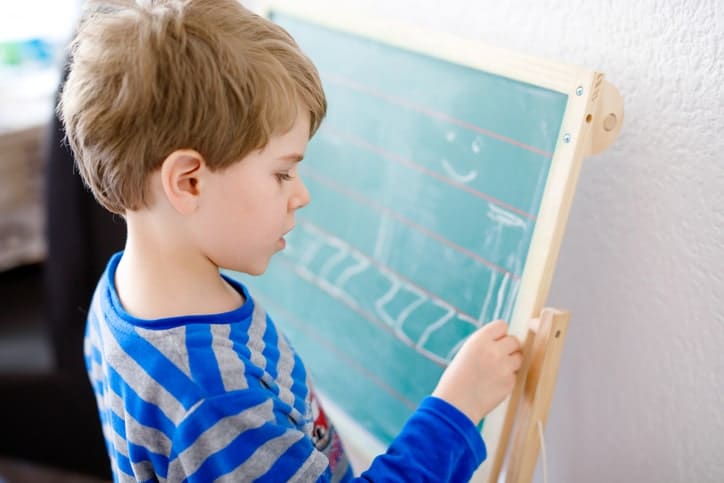When Do Children Decide Where They Live?
A question that we are asked often is “when can my child decide where they want to live” when the parents are involved in a custody case. Most often we hear “I heard my child can decide which parent they want to live with when they turn 14.” The short answer is easy- never, they don’t decide where they live. The long answer though is that there is a little bit more to it.
As the adults in children’s lives, the parents are the decision makers- it is their role. There are so many factors that go into what a child will say when asked “where” they want to live: the child’s age is a huge role. If you ask a 3 year old which parent they want to live with, it will probably change by the hour! A teenager- probably will say whoever gives the most freedoms- neither are good reasons for the child to decide where or which parent they want to live with.
With that being said, the question of what your child wants is still considered- it is just not the only thing that will be considered.
According to Michigan Law, in deciding custody matters, the court will analyze 13 factors- The Best Interest Factors- and one of those factor is… “the reasonable preference of a child” which is followed by the caveat of “if the child is of sufficient age/maturity to express one.”
What does this all mean? Can my child decide which parent they want to live with? No, they cannot decide, but the Court will consider a child of sufficient age and maturities reasonable preference as to where they want to live. They will need to balance that answer among the remaining best interest factors.
How does a court find this out? The child in general will never be asked to testify in front of their parents and say where they want to live or which parent they prefer. They will be interviewed in a private meeting with the Judge or Friend of the Court.
As always in the law, the answer is not necessarily a simple one. Feel free to contact our office at Steslicki and Ghannam PLC if you think that your child is in situation.










